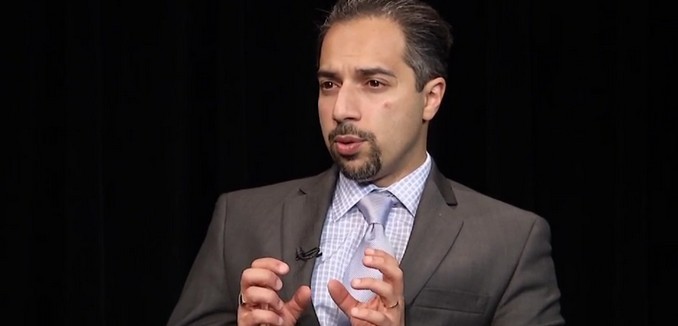A judge slapped sanctions amounting to nearly $200,000 on the National Iranian American Council (NIAC), a controversial group that advocates for stronger ties between the United States and Iran, finding that in the process of suing blogger Hassan Diaoleslam, a critic of the group, it had “‘flouted multiple court orders’ and improperly delayed its delivery of documents to Daioleslam during the discovery portion of the lawsuit and even withheld certain documents,” Business Insider reported Thursday.
NIAC had sued Daioleslam in 2008 for defamation, after Daioleslam claimed that the organization functioned as a lobby group for the interests of the Iranian government, which if true would place the organization in violation of the Foreign Agents Registration Act. In 2012,the U.S. District Court for the District of Columbia found that NIAC founder and president Trita Parsi’s work was “not inconsistent with the idea that he was first and foremost an advocate for the regime.” According to the court’s decision, Daioleslam’s claims thus could not be considered defamatory.
Over the course of the suit, NIAC failed to produce documents requested by Daioleslam during the discovery phase of the trial. Business Insider observes:
Remarkably, NIAC hoarded and shielded documents during the discovery portion of a lawsuit that it had itself brought to court.
Business Insider provided a list of the “multiple court orders” it found that NIAC had disobyed. NIAC was cited for failing to produce calendar records documenting the activities of key employees, refusing to divulge existence of four computers, misrepresenting how its computer system was configured, failing to explain why it withheld thousands of e-mails from one of its key employees, delaying the sharing of its membership lists, and altering an important document after the lawsuit was brought.
In 2009, using documents provided by Daioleslam, investigative reporter Eli Lake reported that Parsi had arranged meeting between [Mohammad] Javad Zarif, then Iran’s ambassador to the United Nations, and members of Congress. One former law enforcement official interviewed by Lake said that such activity would “require that person or entity to register as an agent of a foreign power.” A second expert said that if he were an FBI investigator, he would “have cause to look into this further.”
[Photo: University of California Television (UCTV) / YouTube ]




